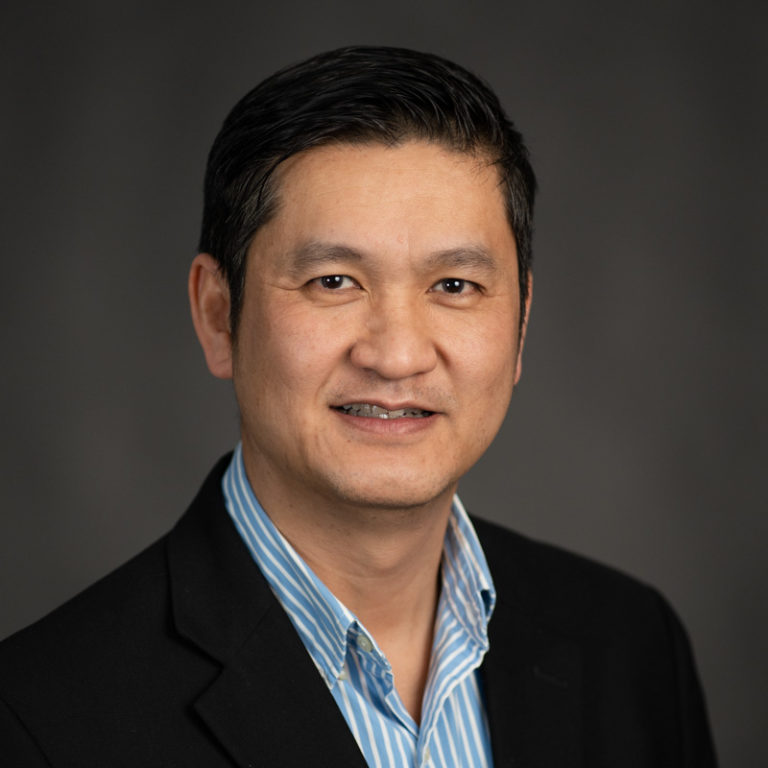Finland accelerates the UN’s gender equality goals in Indonesia
Finland wants to promote equality goals that have suffered from slow global development, such as realizing women’s economic rights and closing the gender-based digital gap. The equality practices of the Finnish technology company Valmet are an excellent example in Indonesia.
According to the UN’s sustainable development report, gender equality in the world has not progressed according to schedule. For example, Indonesia has made moderate progress in family planning and women’s participation in higher education. Still, there are significant equality challenges to overcome.
Finland is participating in the international Generation Equality campaign to promote women’s and girls’ rights and gender equality, especially in developing countries. The UN Women coordinate the campaign.
“Finland has a leading role in the global work to close the gendered digital divide and increase investments in technologies and innovations that promote equality,” investment and development advisor Minh Lam says.
Lam works on a three-year Ministry of Foreign Affairs Developing Markets Platform (DevPlat) project in Indonesia. The DevPlat promotes sustainable development partnerships and funding opportunities between Finnish and local actors.
“DevPlat offers additional funding for innovations in developing countries by the UN’s sustainable development goals, for example, for the co-creation of solutions and business models that promote equality.”
Nordic company practices can attract top talents
Valmet is a leading global developer and supplier of process technologies, automation, and services for the pulp, paper, and energy industries and a model example of Nordic, egalitarian business practices in Indonesia.
Retno Ayu, HR manager at Valmet, sheds light on the cultural and social barriers facing women at work. Traditional gender roles often confine women to family care, limiting their working hours and hindering career advancement.
“Work-life balance is a distinct challenge for women. Women are involved in working life but within the limits of the conditions dictated by the family. This contrasts sharply with men, who are typically free to prioritize their careers,” Retno Ayu explains.
She notes that in Indonesia, a prevalent tendency is to assign job roles based on gender stereotypes; for example, men often supervise workshop management, and women are channeled into administrative roles.
As the world’s largest Muslim country, with more than 85 percent of its 275 million population Muslim, religious interpretations have a significant impact on women’s economic and social status. However, it is noteworthy that Indonesia elected its first female president almost simultaneously with Finland in the early 2000s. Today, several women hold ministerial positions and lead major companies.
Retno Ayu has more than three decades of working experience in HR roles within international corporations. Under her leadership, Valmet, which has a country office in Jakarta and a service center with 140 employees in Cikarang, is fostering an equal and safe work environment and strives to increase the share of women in its workforce.
“Our policies are tailored to remove barriers for female applicants. For instance, we provide shuttle services for shift workers, ensuring safe transportation to and from work, which is particularly beneficial for women,” she states.
Retno Ayu also acts as the vice president of the women’s division of NordCham Indonesia. In her role, she champions the attraction of top talent and especially the recruitment of women to Nordic companies.
“We actively share information about career prospects in Nordic companies with university students. We act as mentors and conduct various training programs.”
